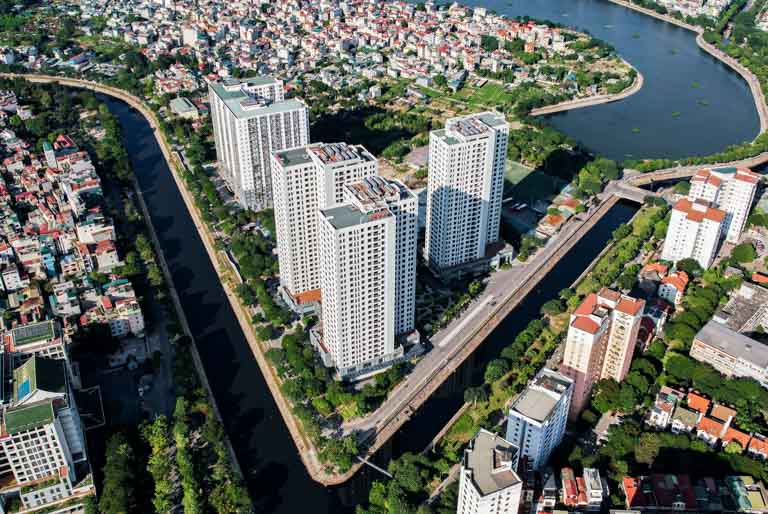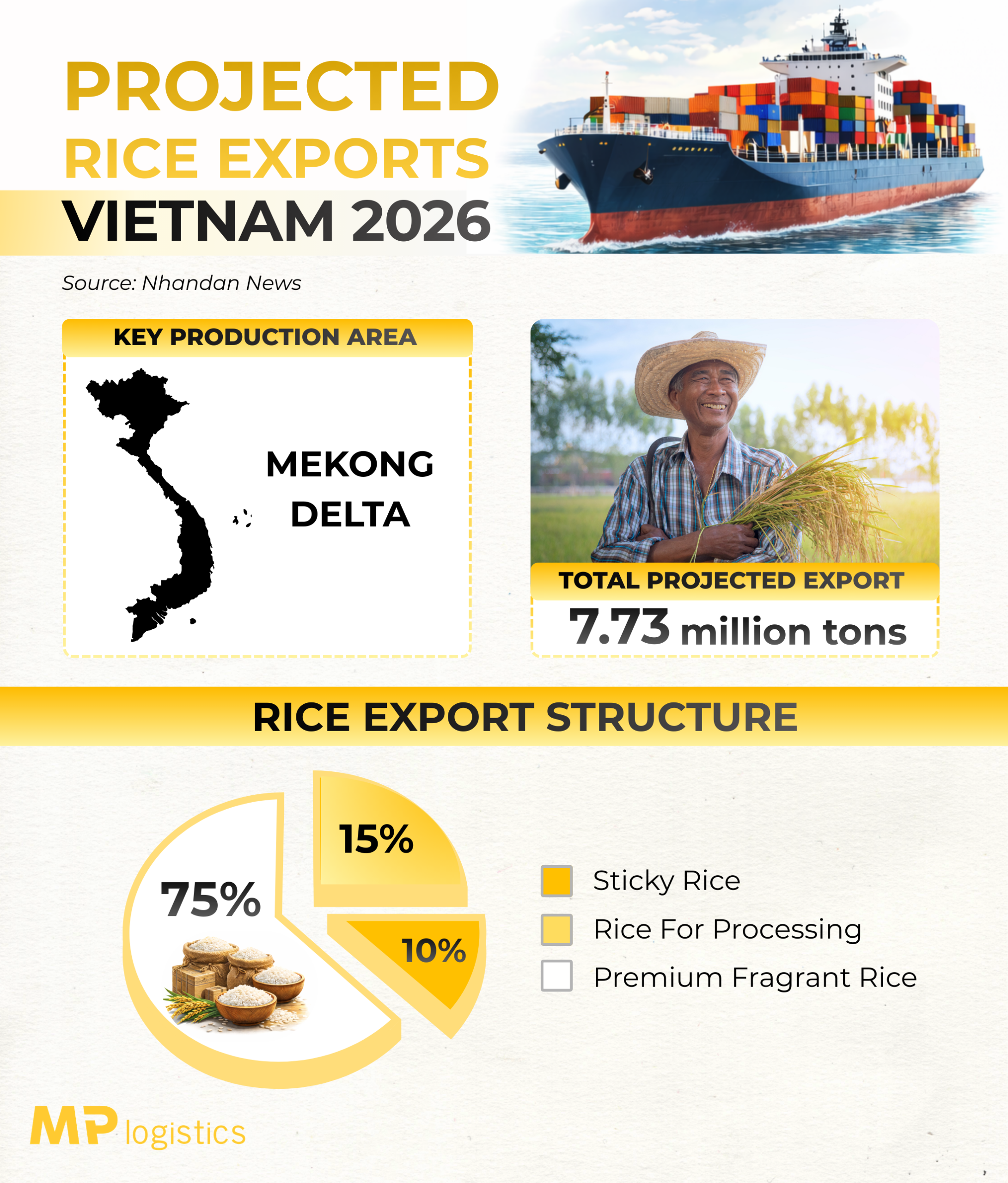Vietnam’s economy has shown signs of uneven recovery in early 2024 and economic activities are expected to firm up in the second half of this year, the World Bank says in its latest bi-annual economic update.
After experiencing a slowdown in 2023, the economy is showing mixed signs of recovery in early 2024, the bank notes in its “Taking Stock” report released Tuesday.
While exports are recovering, consumption and private domestic investment are growing more gradually, but still below pre-pandemic levels. Real exports are expected to grow by 3.5% in 2024, reflecting gradual improvement in global demand.
In addition, a turnaround in the real estate sector is anticipated later this year and next, bolstering domestic demand as investors and consumers regain confidence, according to the report. Real total investment and private consumption are projected to increase by 5.5% and 5% in 2024, respectively.

The bank retains its growth forecast for Vietnam at 5.5% in 2024 and 6.0% by 2025.
Dorsati Madani, senior economist, WB in Hanoi, notes that risks to the outlook are balanced. Downside risks include slower-than-expected global growth (especially the U.S., the Eurozone and China); pace of domestic real estate markets recovery; and further deterioration of financial sector’s asset quality resulting from weak performance of the economy (real estate sector and consumer credit).
On the other side, upside opportunities include stronger-than-expected recovery in main trade partners; lower global interest rates; and reforms in the real estate sector and the new Land Law that will facilitate recovery of the sector.
The report underscores the importance of sustained fiscal policy support to reinforce the recovery. It recommends expediting infrastructure investment projects financed by public resources.
“This would help further stimulate the economy, with an additional potential 0.1 percentage point of GDP growth for every 1 percentage point increase in public investment as a share of GDP,” it says.
In the meantime, on monetary policy, the space for additional interest rate cuts is limited due to the interest rate differential between domestic and international markets.
Continued weak revenue collection and increased spending, including the planned salary increases for civil servants and accelerated investment public investment, are expected to widen the fiscal deficit to 1.6% of GDP in 2024, before narrowing to 1.1% in 2025, in line with the country’s Fiscal Strategy for 2021-2030, the bank adds.
It warns that capital buffers of commercial banks are relatively thin, and the real estate market’s downturn could further depress the capital.
The WB recommends Vietnam ensure the stability of the financial sector, with a focus on managing potential risks associated with increasing bad debts, including due to declining asset values in the real estate market.
“Investing in public infrastructure projects goes beyond immediate economic stimulus,” says World Bank East Asia and Pacific practice manager for Macroeconomics, Trade, and Investment Sebastian Eckardt.
“Efforts to enhance public investment management will also address critical infrastructure gaps in energy, transportation, and logistics, which are fundamental for Vietnam’s long-term economic growth,” Eckardt adds.
Source: The Investor
23/04/2024
 info@mplogistics.vn
info@mplogistics.vn (+84) 28 3811 9033
(+84) 28 3811 9033




 VN
VN